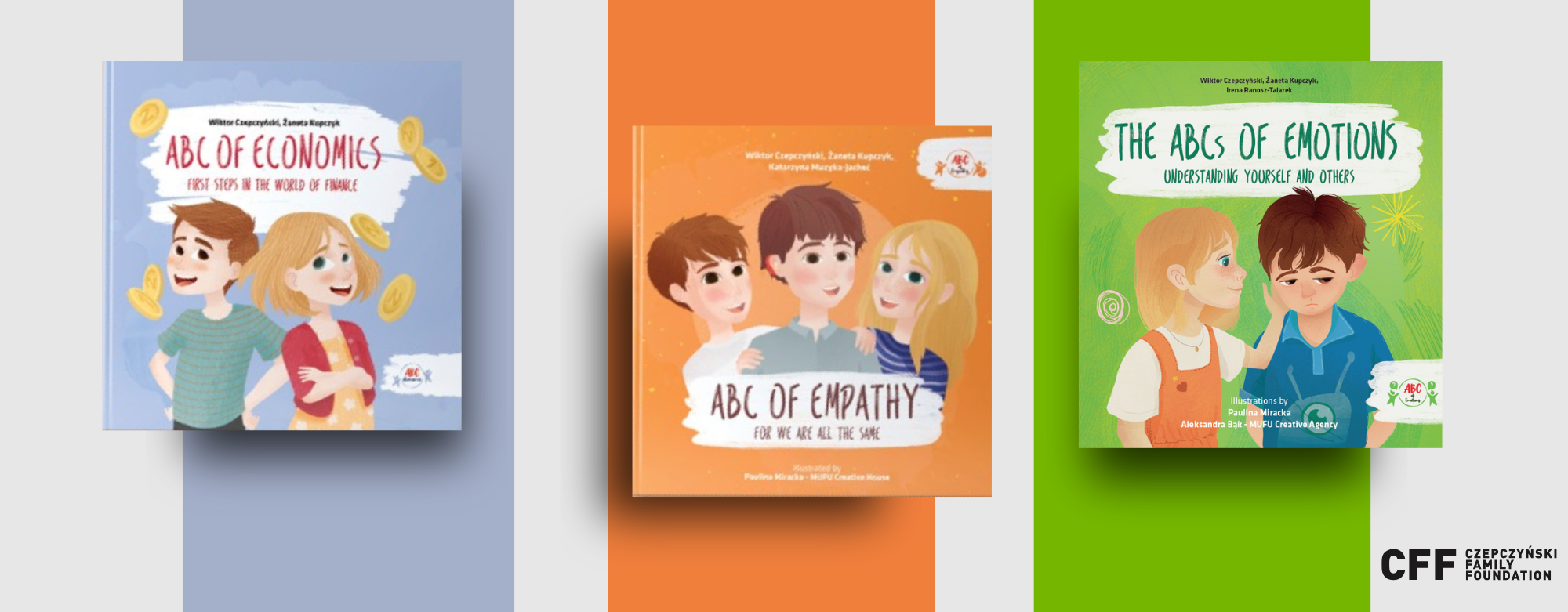Equal chances for every child
Education must be accessible and inclusive for every child
Education is often described as a gateway to children’s futures. But for children living in poverty or social exclusion, this gateway is not accessible or inclusive, it does not meet their needs, and can have a long term impact on their future.
Many children living in poverty or social exclusion do not receive a healthy meal every day, cannot afford to attend school trips, buy the required books or school equipment, participate in after-school activities, or access online learning. Education is often assumed to be free for children, but for children growing up in poverty these extra costs are everyday barriers.
To address these barriers, education needs to be child-friendly, child-centered, and accessible. Education systems focusing on social inclusion and well-being increase children’s chances to reach their full potential. Besides, school is not just where children learn, it is also where they have friends, form relationships, and establish social connections with peers.
Even before the pandemic, nearly one in four children lived in poverty or social exclusion across the European Union (EU). Eurochild’s (2020) ‘Growing up in Lockdown’ report demonstrated that the pandemic is massively impacting children’s life chances and their physical and mental health across Europe. The school closures, due to the pandemic, have disrupted learning, social contact and exacerbated the digital divide that disproportionately impacts children living in poverty.
Children themselves have raised their concerns around mental health and well-being in education. According to the ‘Our Europe, Our Rights, Our Future’ consultation with more than 10,000 children aged 11-17, one in five children report growing up unhappy and anxious for the future. Children describe these alarming rates of mental ill-health as caused by anxiety about the future, bullying, challenges in coping with school-work and loneliness, and much of these experiences have been compounded by the COVID-19 pandemic.
Can the EU ensure equitable access to education?
The European Commission is developing a new initiative called the Pathways to School Success, to be released in 2022. This initiative will provide a framework for action at school and systems level to ensure well-being and inclusive education. It will target disadvantaged groups who are more at risk of underachievement and early school leaving, including children with disabilities or with a migrant background, ethnic minorities, low-educated families, or people living in remote areas.
The Pathways to School Success, together with the newly adopted Recommendation establishing a European Child Guarantee and the new EU Strategy on the Rights of the Child, provides incentives and a strong framework for governments to increase public investment and support for accessible and inclusive education. We need genuine commitment and strong political will to make sure these frameworks make a real difference to the lived experiences of all children.
Restoring relationships through social-emotional learning and well-being
Together with our partners in the Including Children Affected by Migration (ICAM) Programme, Eurochild brought together children, practitioners, civil society and policymakers in our recent conference, ‘Equal chances for every child: Tackling inequalities and ensuring access to education for Europe’s children in need during and after the pandemic’.
During proceedings, speakers and participants alike shared their views on how socio-emotional well-being and the inclusion of children are key conditions for ensuring equal access to education. Eurochild’s President Marie-Louise Coleiro Preca said:
“There is no one-solution to ensure access to inclusive education - there has to be a comprehensive and integrated approach to meet the needs of all children in need. We must promote a systemic change that is focused on restoring relationships through social-emotional learning and ‘convivencia’ (living together in harmony). This also requires more investment in the professionals that work in education – not only teachers and pedagogues but also para-educationalists working in psychosocial fields.”
It is also vital that the voices and rights of children are at the heart of all decision-making that affects them and to empower children to be themselves the agents of change. In his intervention, Victor, a member of the Eurochild Children’s Council, closed with a challenge: “If not now, then when? If not us, then who?”
We know that prioritising socio-emotional well-being can positively impact on children’s ability to learn at school.
Together through focusing on inclusivity and accessibility, we can dismantle inequality in education.
Learn more about our work on the ICAM Project.




